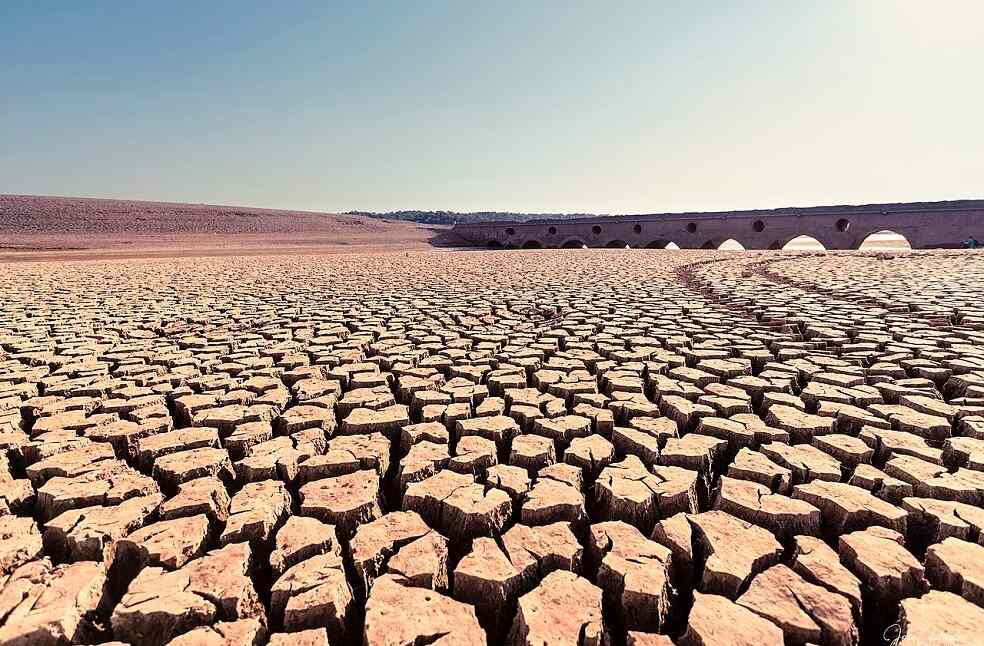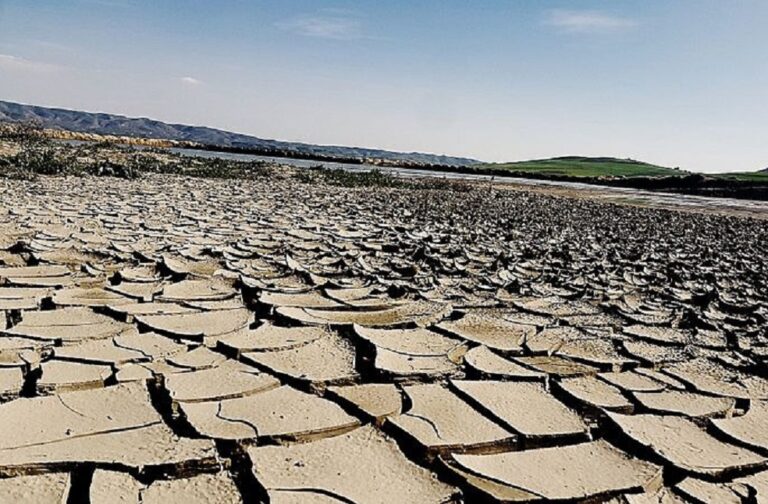Africa: A new scientific study has shown that the severe drought in the Horn of Africa is a result of human-made climate change. This drought has directly affected around 50 million people in the region and another 100 million in surrounding areas, with approximately 20 million people at risk of famine. The drought has been ongoing since October 2020, with five consecutive seasons of below-normal rainfall, resulting in extended dry conditions and short, intense rainfall that has led to flash flooding.
The World Weather Attribution group of scientists conducted a study that revealed that the current drought would not have occurred without human actions that have changed the climate.
The study found that higher temperatures caused by global warming and a lack of rainfall have made the soil and pastures in the region much drier than they would normally be by increasing the evaporation of moisture from the earth and plants.

According to the research, the recent rainfall conditions would not have led to drought in a world that was 1.2 °C cooler. The scientists estimate that climate change has made droughts, like the current one, about 100 times more likely to occur. While the impact of the climate crisis has made low rainfall and high temperatures more severe, the study also revealed that climate change is increasing rainfall during certain times of the year.
The study was conducted by 19 researchers as part of the work of the World Weather Attribution Group, which draws together scientists from many countries and regions, including the UK, the US, Europe, and Africa, using established models and techniques to determine whether events can be linked to the impacts of the climate crisis.

The study area includes southern Ethiopia, southern Somalia, and eastern Kenya, where rainfall is normally concentrated in two seasons: long rains from March to May and a further period of short rains from October to December. The long rains are now drying up under the influence of climate change, with low rainfall during this season now twice as likely as before. However, the season of short rains is becoming wetter.
Overall, the study highlights the urgent need to address climate change and its effects, which are having devastating impacts on vulnerable populations.



